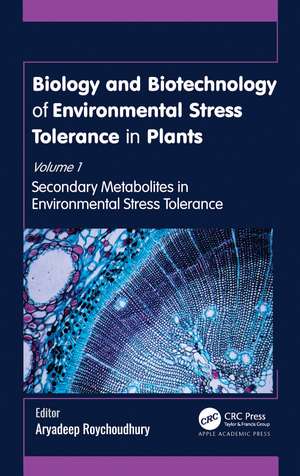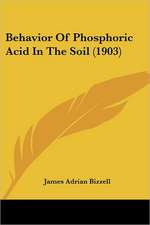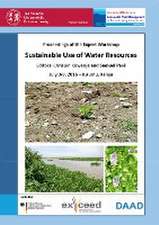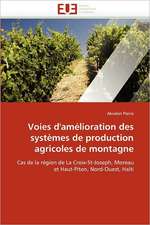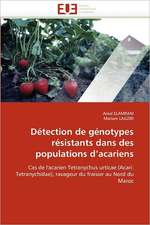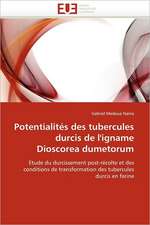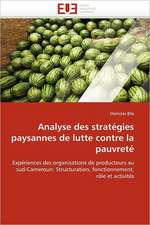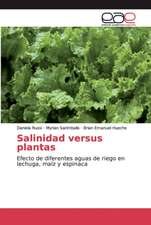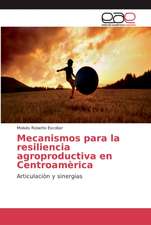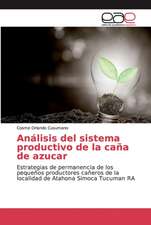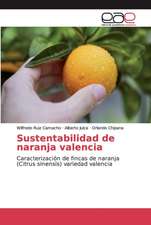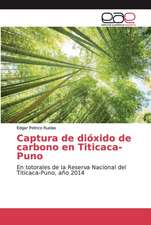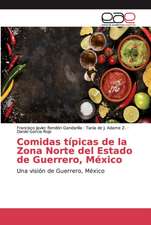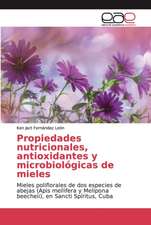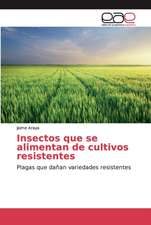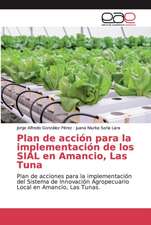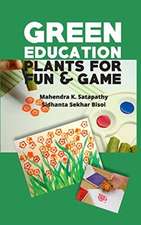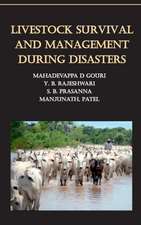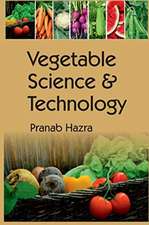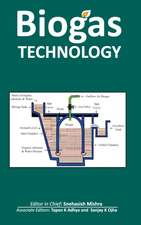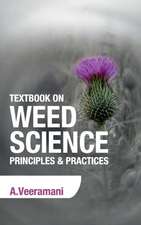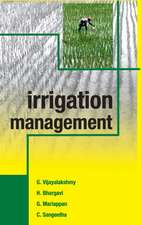Biology and Biotechnology of Environmental Stress Tolerance in Plants: Volume 1: Secondary Metabolites in Environmental Stress Tolerance
Editat de Aryadeep Roychoudhuryen Limba Engleză Hardback – 21 iul 2023
Volume 1: Secondary Metabolites in Environmental Stress Tolerance focuses exclusively on the diverse secondary metabolites that play a major role in the adaptation of plants to the environment and in overcoming stress conditions as well as their implications for enhancing tolerance mechanisms. The book presents available information on the protective roles rendered by a wide array of antioxidative secondary metabolites and their regulation during diverse environmental stress.
Volume 2: Trace Elements in Environmental Stress Tolerance throws light on the different inorganic trace elements, including metal nanoparticles, that help to deal with environmental stresses. While these elements at high level create considerable phytotoxicity and halt metabolic and enzymatic activity, they also promote growth and development in limited quantity, so that they have significant potential in revamping plant morphology and physiology under stressed conditions. Hence, optimum concentration management of these elements can help to mitigate world hunger and contribute toward sustainable agriculture and food security under challenging environments.
Volume 3: Sustainable Approaches for Enhancing Environmental Stress Tolerance focuses on the agronomic and biochemical approaches as well as biotechnological and high-throughput technologies, including the prospects of genetic engineering, epigenetics and the latest CRISPR/Cas technology, in generating stress-tolerant plants. The volume provides a clear roadmap for the implementation of techniques for improving abiotic stress tolerance in plants for better sustenance.
| Toate formatele și edițiile | Preț | Express |
|---|---|---|
| Hardback (4) | 841.94 lei 43-57 zile | |
| Apple Academic Press Inc. – 21 iul 2023 | 841.94 lei 43-57 zile | |
| Apple Academic Press Inc. – 21 iul 2023 | 844.45 lei 43-57 zile | |
| Apple Academic Press Inc. – 21 iul 2023 | 848.77 lei 43-57 zile | |
| Apple Academic Press Inc. – 21 iul 2023 | 2492.32 lei 43-57 zile |
Preț: 841.94 lei
Preț vechi: 1124.28 lei
-25% Nou
Puncte Express: 1263
Preț estimativ în valută:
161.16€ • 175.11$ • 135.46£
161.16€ • 175.11$ • 135.46£
Carte tipărită la comandă
Livrare economică 21 aprilie-05 mai
Preluare comenzi: 021 569.72.76
Specificații
ISBN-13: 9781774912836
ISBN-10: 177491283X
Pagini: 420
Ilustrații: 18 Tables, black and white; 2 Line drawings, color; 17 Line drawings, black and white; 1 Halftones, black and white; 2 Illustrations, color; 18 Illustrations, black and white
Dimensiuni: 156 x 234 mm
Greutate: 1.06 kg
Ediția:1
Editura: Apple Academic Press Inc.
Colecția Apple Academic Press
ISBN-10: 177491283X
Pagini: 420
Ilustrații: 18 Tables, black and white; 2 Line drawings, color; 17 Line drawings, black and white; 1 Halftones, black and white; 2 Illustrations, color; 18 Illustrations, black and white
Dimensiuni: 156 x 234 mm
Greutate: 1.06 kg
Ediția:1
Editura: Apple Academic Press Inc.
Colecția Apple Academic Press
Public țintă
PostgraduateCuprins
Part 1: Pathways for Secondary Metabolite Production 1. Plant Secondary Metabolites and Environmental Stress: An Overview 2. Involvement of Phenylpropanoid Pathway and Shikimic Acid Pathway in Environmental Stress Response 3. Terpenoid Production through Mevalonate and Methylerythritol Phosphate Pathway and Regulation of Environmental Stress Tolerance Part 2: Individual Secondary Metabolites in Tolerance 4. Role of Diverse Classes of Terpenoids in Tolerance against Different Environmental Stresses 5. Terpenoids in Plant Tolerance against Different Environmental Stresses 6. Role of Anthocyanin in Plants to Survive against Environmental Stresses 7. Role of Carotenoids in Tolerance against Different Environmental Stress 8. Involvement of Chalcones and Coumarins in Environmental Stress Tolerance 9. Role of Phenolic Acids and Flavonoids in the Mitigation of Environmental Stress in Plants Part 3: Application and Analysis of Secondary Metabolites 10. Seedling and Seed Priming in Regulating Secondary Metabolite Level for Stress Tolerance 11. Seed Priming and Seedling Pre-Treatment in Regulating Secondary Metabolism for Stress Tolerance 12. Tools and Approaches for Assessing Stress-Responsive Secondary Metabolites to Design Climate-Smart Crops
Notă biografică
Aryadeep Roychoudhury, PhD, has over 20 years of research experience in the field of abiotic stress responses in plants with perspectives of physiology, molecular biology, and cell signaling under diverse stress conditions. He currently is Assistant Professor at the Department of Biotechnology, St. Xavier's College, India, and also handles several government-funded projects on abiotic stress responses in rice. To date, he has published over 200 articles in peer-reviewed journals, books and book chapters. He is a regular reviewer of articles in high-impact international journals, a life member of several scientific associations and societies, and a recipient of a Young Scientist Award 2019, conferred by the International Foundation for Environment and Ecology, at the University of Allahabad, India. His name is included in the Stanford University’s List of the World’s Top 2% Scientists.
Descriere
Discusses the mechanisms that mediate biosynthesis, accumulation, and degradation of plant metabolites to develop novel strategies to improve crop production and enhance abiotic stress tolerance in plants. Volume 1 focuses on secondary metabolites in the adaptation of plants to the environment and in overcoming stress conditions.
